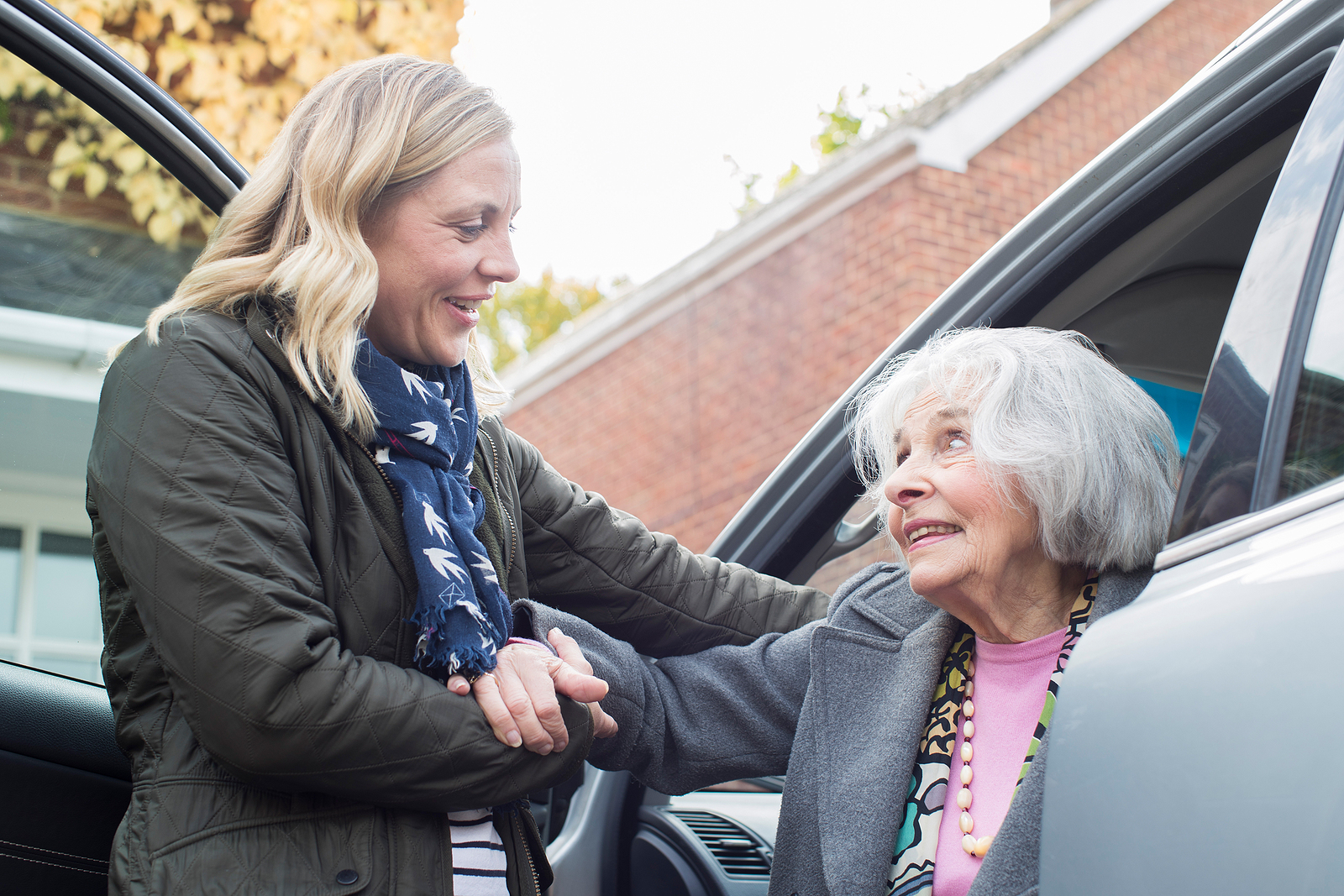For many seniors, the decision to stop driving is one of the most difficult milestones in later life. Driving represents freedom, independence, and the ability to stay connected with the community. However, when health or safety concerns make driving no longer possible, families often struggle to find alternatives that support both mobility and quality of life.
This is where companion care at home can make a meaningful difference. By providing personalized assistance, companionship, and reliable transportation, it becomes a safe and supportive alternative for seniors who can no longer drive but still want to remain active, engaged, and independent.
The Challenges Seniors Face Without Driving
Losing the ability to drive can create a ripple effect in a senior’s daily life. Tasks that once felt simple—like grocery shopping, attending medical appointments, or visiting friends—suddenly become difficult or even impossible. Without consistent access to transportation, many seniors risk becoming isolated, which can impact both mental and physical health.
Some of the most common challenges include:
- Limited ability to attend social activities and community events
- Difficulty accessing medical care and prescription refills
- Reliance on busy family members or neighbors for rides
- Feelings of frustration, isolation, or depression
These barriers can quickly erode independence, but companion care at home provides a practical solution to restore a sense of normalcy and connection.
What Is Companion Care at Home?
Companion care at home is a form of non-medical support that helps seniors with everyday activities while promoting emotional well-being. Unlike medical or skilled nursing care, companion care focuses on daily living assistance, companionship, and transportation support. It’s designed to make life easier, safer, and more enjoyable for seniors who want to remain in their homes while maintaining an active lifestyle.
By addressing both practical and social needs, companion care creates a holistic approach that fosters independence without compromising safety.
Transportation Support: A Key Benefit
When seniors can no longer drive, transportation becomes one of the most pressing concerns. Companion caregivers can step in to provide safe, reliable rides to appointments, errands, and social events. Having a trusted companion ensures seniors don’t miss out on important aspects of life simply because they no longer drive.
Some common transportation needs include:
- Doctor’s visits and therapy sessions
- Trips to the pharmacy or grocery store
- Visits with friends, family, or faith communities
- Leisure activities such as parks, clubs, or senior centers
Reliable transportation means seniors maintain access to health care, social activities, and essential errands—helping them remain engaged and confident in their daily lives.
Emotional Support and Companionship
Beyond transportation, companion care at home provides meaningful social interaction. Seniors who no longer drive may find themselves spending more time alone, which can lead to loneliness and feelings of isolation. Companion caregivers help bridge that gap by offering conversation, shared activities, and emotional support.
This companionship can take many forms, such as:
- Playing cards, board games, or puzzles together
- Sharing meals and cooking side by side
- Reading aloud or enjoying music and movies
- Talking about memories, current events, or hobbies
These daily interactions make life at home more enjoyable while promoting emotional wellness.
Assistance with Daily Living
In addition to companionship and transportation, caregivers can assist with daily household tasks. For seniors who live alone, these small tasks can become overwhelming or even unsafe. Companion care ensures these responsibilities are managed while still involving the senior in meaningful ways.
Caregivers may help with:
- Light housekeeping such as laundry, vacuuming, and dishes
- Grocery shopping and meal preparation
- Organizing mail and assisting with reminders
- Walking or exercising together to encourage mobility
This balance of practical support and companionship helps seniors maintain a clean, safe, and welcoming environment while easing the strain on family caregivers.
Promoting Safety and Independence
One of the greatest benefits of companion care at home is its focus on safety without taking away independence. Caregivers support seniors in maintaining their routines and choices, but they’re also there to help prevent accidents or manage emergencies if needed.
For example, a caregiver can ensure walkways are free from clutter, provide support during outings, or remind seniors to take medications on time. This proactive approach allows seniors to live independently with confidence, knowing that someone is there to help when necessary.
Peace of Mind for Families
Families often worry about their loved ones when driving is no longer an option. Concerns about missed medical appointments, loneliness, or unsafe travel can cause constant stress. Companion care at home relieves those worries by ensuring seniors have dependable support. Families gain peace of mind knowing their loved one is cared for, while seniors enjoy the dignity of independence and companionship.
Choosing the Right Care Option
When selecting companion care services, it’s important to consider the specific needs of your loved one. Some seniors may primarily need transportation assistance, while others may benefit more from companionship or help with household chores. Many families find that a customized care plan works best, allowing caregivers to adapt support as needs change.
Ultimately, companion care offers flexibility, compassion, and reliability—all essential qualities for seniors who want to continue living safely at home after they’ve stopped driving.
If you or an aging loved one are considering companion care at home in Eden Prairie, MN, and the surrounding areas, please contact the friendly staff at CareBuilders at Home Minnesota. Call today 612-260-2273.









